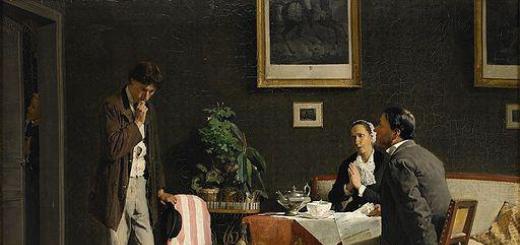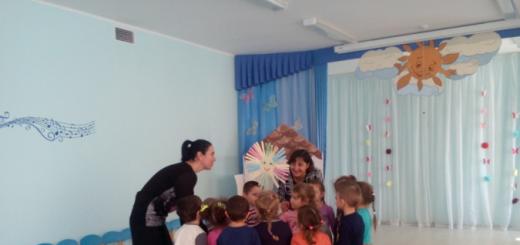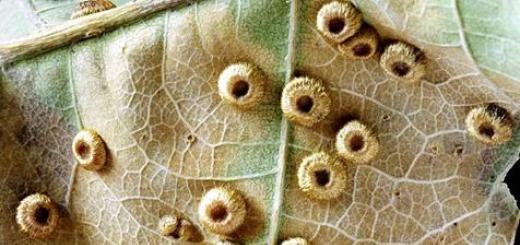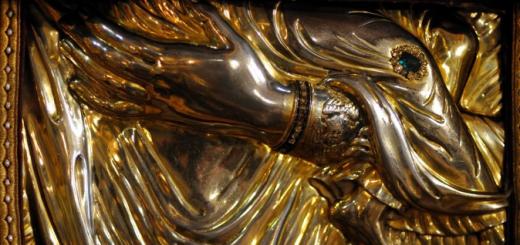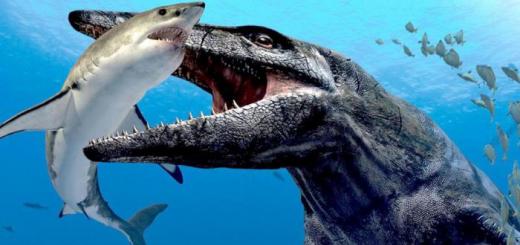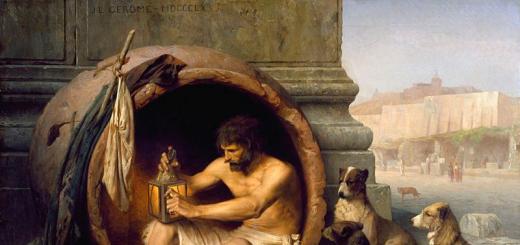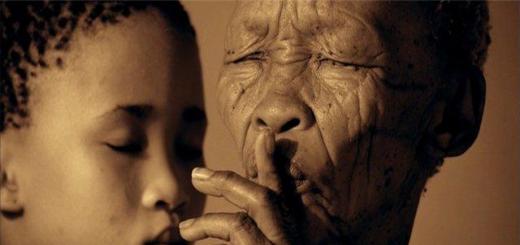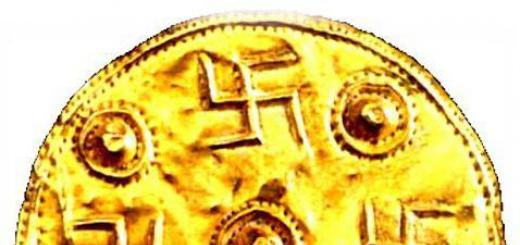 Plan Renovation of the spiritual life of society Development of science in the first half of the 19th century Development of education in the first half of the 19th century
Plan Renovation of the spiritual life of society Development of science in the first half of the 19th century Development of education in the first half of the 19th century
 Renewal of the spiritual life of society The first half of the 19th century is rightfully considered the "golden age" of Russian culture. Its influence was influenced by many truly historical events: 1) the Patriotic War of 1812 2) the Industrial Revolution 3) the growth of national self-consciousness of peoples
Renewal of the spiritual life of society The first half of the 19th century is rightfully considered the "golden age" of Russian culture. Its influence was influenced by many truly historical events: 1) the Patriotic War of 1812 2) the Industrial Revolution 3) the growth of national self-consciousness of peoples
 The growth of national self-awareness led to increased interest in national history. An important event in cultural life was the "History of the Russian State" by N. M. Karamzin (1766 -1826), the first 8 volumes of which were published in 1818
The growth of national self-awareness led to increased interest in national history. An important event in cultural life was the "History of the Russian State" by N. M. Karamzin (1766 -1826), the first 8 volumes of which were published in 1818
 Professor of Kazan University N. I. Lobachevsky (1792 -1856) Created a new geometric system called non-Euclidean geometry. This major discovery became the basis of the mathematical base of modern physics.
Professor of Kazan University N. I. Lobachevsky (1792 -1856) Created a new geometric system called non-Euclidean geometry. This major discovery became the basis of the mathematical base of modern physics.
 Nikolai Nikolaevich Zinin (1812-1880) He managed to carry out the synthesis of aniline - an organic dye for the textile industry, obtained aniline from coal tar. This was one of the first major successes in the development of organic chemistry.
Nikolai Nikolaevich Zinin (1812-1880) He managed to carry out the synthesis of aniline - an organic dye for the textile industry, obtained aniline from coal tar. This was one of the first major successes in the development of organic chemistry.
 B. S. Jacobi (1801 -1874) - physicist, electrical engineer, academician of the St. Petersburg Academy of Sciences Born in Germany, from 1835 in Russia. Many works on the practical application of electricity. v Invented the electric motor (1834) and tested it to drive a ship (1838). v Created galvanoplasty (1838), several types of telegraph devices (1840–1850), studied electromagnets. v Proceedings on military electrical engineering, electrical measurements, metrology
B. S. Jacobi (1801 -1874) - physicist, electrical engineer, academician of the St. Petersburg Academy of Sciences Born in Germany, from 1835 in Russia. Many works on the practical application of electricity. v Invented the electric motor (1834) and tested it to drive a ship (1838). v Created galvanoplasty (1838), several types of telegraph devices (1840–1850), studied electromagnets. v Proceedings on military electrical engineering, electrical measurements, metrology
 Pavel Petrovich Anosov (1799-1851) Revealed the secret of the ancient damask steel, created steel blades that could crush the hardest chisels and cut through handkerchiefs thrown up from the thinnest fabric. Anosov's works formed the basis of the science of high-quality steels.
Pavel Petrovich Anosov (1799-1851) Revealed the secret of the ancient damask steel, created steel blades that could crush the hardest chisels and cut through handkerchiefs thrown up from the thinnest fabric. Anosov's works formed the basis of the science of high-quality steels.

 N. I. Pirogov (1810 -1881) Professor of the Medical and Surgical Academy, anatomist, surgeon, teacher Founder of military field surgery and anatomical experimental direction in surgery, corresponding member of the St. Petersburg Academy of Sciences (1846). Studied at Moscow University. Member of the Sevastopol defense of 1854–1855), the Franco-Prussian (1870–1871) and Russian Turkish (1877–1878) wars. For the first time he performed an operation under anesthesia on the battlefield (1847), introduced a fixed plaster cast. He fought against class prejudices in the field of education, advocated the autonomy of universities, universal primary education.
N. I. Pirogov (1810 -1881) Professor of the Medical and Surgical Academy, anatomist, surgeon, teacher Founder of military field surgery and anatomical experimental direction in surgery, corresponding member of the St. Petersburg Academy of Sciences (1846). Studied at Moscow University. Member of the Sevastopol defense of 1854–1855), the Franco-Prussian (1870–1871) and Russian Turkish (1877–1878) wars. For the first time he performed an operation under anesthesia on the battlefield (1847), introduced a fixed plaster cast. He fought against class prejudices in the field of education, advocated the autonomy of universities, universal primary education.
 AM Butlerov (1828 -1886) organic chemist v Created (1861) and substantiated the theory of chemical structure, according to which the properties of substances are determined by the order of bonds of atoms in molecules and their mutual influence. v First explained the phenomenon of isomerism. v Supporter of the introduction of higher education for women.
AM Butlerov (1828 -1886) organic chemist v Created (1861) and substantiated the theory of chemical structure, according to which the properties of substances are determined by the order of bonds of atoms in molecules and their mutual influence. v First explained the phenomenon of isomerism. v Supporter of the introduction of higher education for women.
 Nikolai Mikhailovich Karamzin Sentimentalist writer and publicist, was not a professional historian. But he understood the full responsibility of his task and in a few years of hard work he achieved great success. The first 8 volumes of his "History of the Russian State" were published in 1816-1817. ; the last, 12th volume - in 1829 The author managed to bring the presentation up to 1611.
Nikolai Mikhailovich Karamzin Sentimentalist writer and publicist, was not a professional historian. But he understood the full responsibility of his task and in a few years of hard work he achieved great success. The first 8 volumes of his "History of the Russian State" were published in 1816-1817. ; the last, 12th volume - in 1829 The author managed to bring the presentation up to 1611.
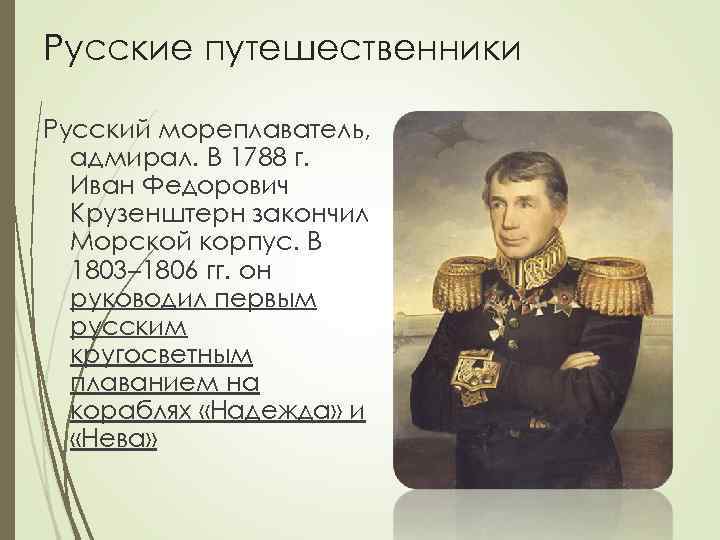 Russian travelers Russian navigator, admiral. In 1788 Ivan Fedorovich Kruzenshtern graduated from the Naval Corps. In 1803–1806 he led the first Russian circumnavigation on the ships "Nadezhda" and "Neva"
Russian travelers Russian navigator, admiral. In 1788 Ivan Fedorovich Kruzenshtern graduated from the Naval Corps. In 1803–1806 he led the first Russian circumnavigation on the ships "Nadezhda" and "Neva"
 F. F. Bellingshausen (1778 -1852), navigator, admiral. Born in Estonia, studied at the Naval Cadet Corps in Kronstadt. In 1803–1806 was a member of the first round-the-world trip on the ship "Nadezhda". After the expedition, Bellingshausen commanded ships on the Black and Baltic Seas. In 1819–1821 he led the first Russian Antarctic expedition. The expedition discovered Antarctica (1820), a number of islands in the Pacific Ocean, an island named after Peter I, and a coast named after Alexander I.
F. F. Bellingshausen (1778 -1852), navigator, admiral. Born in Estonia, studied at the Naval Cadet Corps in Kronstadt. In 1803–1806 was a member of the first round-the-world trip on the ship "Nadezhda". After the expedition, Bellingshausen commanded ships on the Black and Baltic Seas. In 1819–1821 he led the first Russian Antarctic expedition. The expedition discovered Antarctica (1820), a number of islands in the Pacific Ocean, an island named after Peter I, and a coast named after Alexander I.
 Education in the first half of the 19th century Significant development of the educational system in Russia at the beginning of the 19th century was due, first of all, to socio-economic changes in the country. In the country of this period, education is no longer a privilege only for the nobles and noble people, it becomes more generally available.
Education in the first half of the 19th century Significant development of the educational system in Russia at the beginning of the 19th century was due, first of all, to socio-economic changes in the country. In the country of this period, education is no longer a privilege only for the nobles and noble people, it becomes more generally available.
 The education system at the beginning of the 19th century General education school: -Gymnasium (7 years) -County schools (3 years) -Parish schools (1 year) Higher school -Universities -Academies
The education system at the beginning of the 19th century General education school: -Gymnasium (7 years) -County schools (3 years) -Parish schools (1 year) Higher school -Universities -Academies

 Development of education Alexander I 1) 1802 - Ministry of Public Education 2) Creation of gymnasiums and county schools 3) 1811 - opening of the Tsarskoye Selo Lyceum
Development of education Alexander I 1) 1802 - Ministry of Public Education 2) Creation of gymnasiums and county schools 3) 1811 - opening of the Tsarskoye Selo Lyceum
 The development of education Nicholas I 1) 2) 3) 4) 5) 6) 7) The formation of morality on a religious basis All types of schools have survived, but they have become class-representative 1827 - it is indicated that it is impossible to teach the children of serfs An increase in the number of educational institutions 1828 - St. Petersburg Technological institute 1830 - Moscow vocational school 20s - Committee for the organization of educational institutions
The development of education Nicholas I 1) 2) 3) 4) 5) 6) 7) The formation of morality on a religious basis All types of schools have survived, but they have become class-representative 1827 - it is indicated that it is impossible to teach the children of serfs An increase in the number of educational institutions 1828 - St. Petersburg Technological institute 1830 - Moscow vocational school 20s - Committee for the organization of educational institutions
 The main trends in the development of education and science Estates of the education system. Representatives of the peasant class, artisans, and philistines did not have the opportunity to expand their education even if they wanted to. The education of the landlord peasants depended entirely on the landowners, who did not care about the peasant education. In connection with the beginning of the industrial revolution, there is a need not only for technical inventions, but also for their introduction into production.
The main trends in the development of education and science Estates of the education system. Representatives of the peasant class, artisans, and philistines did not have the opportunity to expand their education even if they wanted to. The education of the landlord peasants depended entirely on the landowners, who did not care about the peasant education. In connection with the beginning of the industrial revolution, there is a need not only for technical inventions, but also for their introduction into production.
 CONCLUSIONS: The patriotic upsurge of 1812, changes in the economy became the reasons for the renewal of the spiritual life of the country, major successes of Russian scientists, contributed to the development of the education and enlightenment system.
CONCLUSIONS: The patriotic upsurge of 1812, changes in the economy became the reasons for the renewal of the spiritual life of the country, major successes of Russian scientists, contributed to the development of the education and enlightenment system.
 Let's check the knowledge: An outstanding traveler of the first half of the 19th century was: 1) F. F. Bellingshausen 2) P. L. Schilling 3) N. I. Pirogov 4) V. Ya. Struve
Let's check the knowledge: An outstanding traveler of the first half of the 19th century was: 1) F. F. Bellingshausen 2) P. L. Schilling 3) N. I. Pirogov 4) V. Ya. Struve

